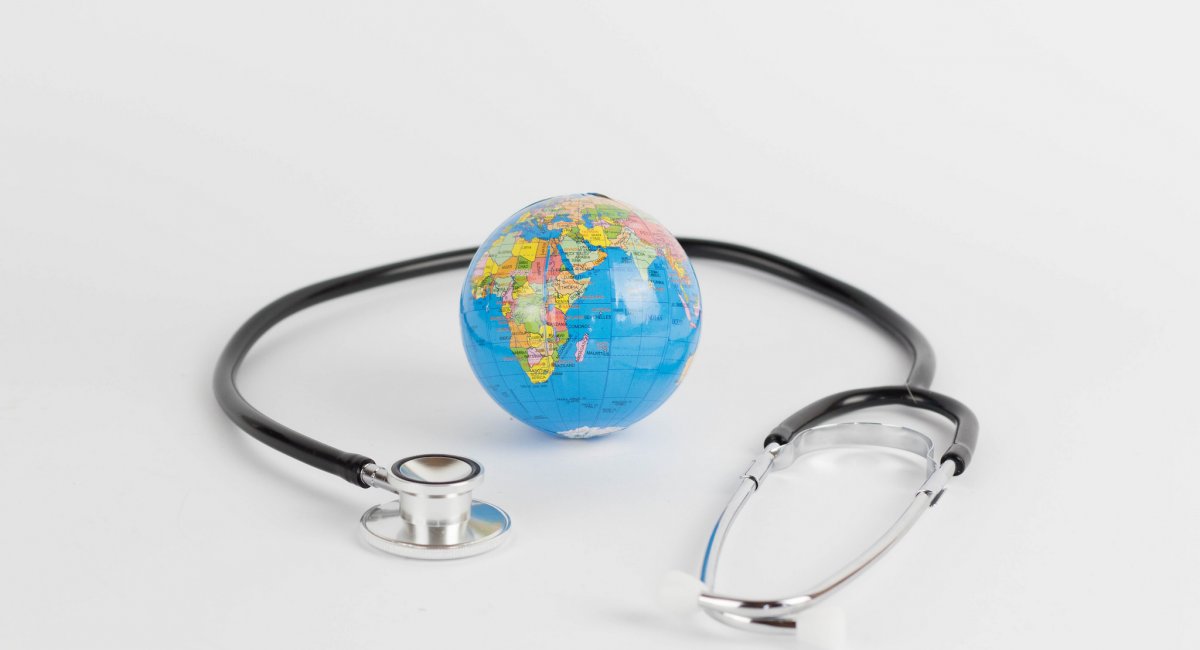Health is a sustainability issue

Rare and neglected diseases remain a serious problem in our modern world, despite advances in science and technology. Big pharmaceutical companies don't fund research and development into treatments for these diseases because they aren't profitable. The drugs end up costing much more to make than they'll earn back, so they remain un- or underfunded.








